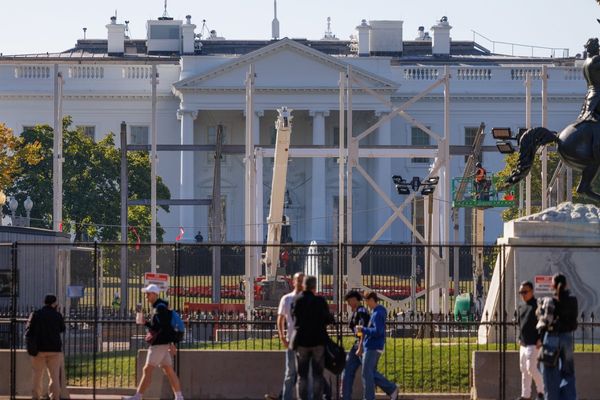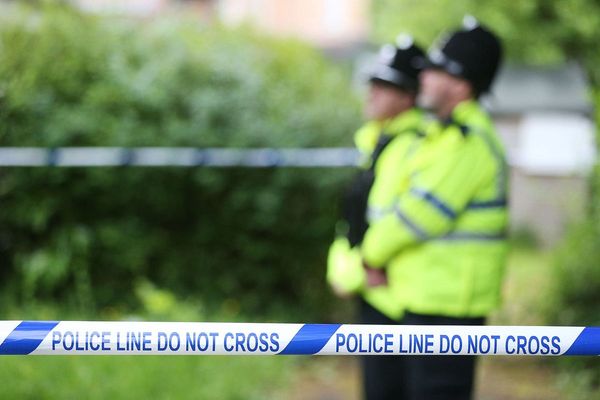
New evidence that increasing numbers of women are being investigated by police on suspicion of having procured abortions illegally is a worrying reminder of all that is wrong with the current law. The 28-month prison sentence imposed on Carla Foster, who was convicted of terminating a pregnancy at between 32 and 34 weeks, prompted widespread criticism and was reduced and suspended on appeal. But while this was an unusual case, it was not unique. This year, at least five women have appeared in English courts charged under section 58 of the 1861 Offences Against the Person Act, which criminalises abortions that do not come under the terms of the 1967 Abortion Act. Previously, there had been just three prosecutions in more than 150 years.
What has caused this shift is uncertain. But campaigners for decriminalisation believe longstanding concerns about the status quo are being proved correct. While the law on abortion in England, Scotland and Wales has hardly changed since 1990, when the upper limit was lowered to 24 weeks, the context has altered in significant ways.
On the positive side, the Welsh government set an example in continuing a “pills by post” scheme that was launched during the pandemic. Last year, the UK government copied it, meaning that women can now have medical abortions at home during the first 10 weeks of pregnancy. Abortion has also been decriminalised in Northern Ireland, following a vote by MPs. The lack of access to treatment there remains a problem. But the previous position, whereby Northern Irish women were at a disadvantage in terms of their entitlements, has reversed. Currently, it is women in England, Scotland and Wales who risk jail if they terminate a pregnancy illegally.
The wider availability of abortion pills, including over the internet, is likely to be one factor behind the rise in cases. Evidence that vulnerable women were accessing them through irregular means was one reason why experts were determined to ease restrictions governing their use in the NHS. Once again, a devolved administration (in this case, Scotland’s) led the way by allowing women to take the second dose at home. The UK government followed.
Without further research, it is hard to be sure why investigations and prosecutions also began to rise around this time. But recent reports about police practice in this area, as it has developed over the past few years, are concerning. These include officers removing, as a matter of routine, electronic devices from women who are under suspicion. In some cases, medical tests for abortion drugs and data related to menstruation tracking apps have also been requested.
So far, the number of convictions remains low. But campaigners are justifiably alarmed by what appears to be a trend, and point to the influence of rightwing religious groups that oppose abortion and that were emboldened by the overturning of the landmark Roe v Wade judgment in the US. There is also huge frustration over the government’s refusal to implement buffer zones, protecting women attending abortion clinics from harassment, despite MPs having voted for these a year ago.
Ministers are wrong to block a measure supported by parliament. In the past, many have argued that the current law on abortion is a reasonable compromise. Recent events make it clear that this view is mistaken. As this column has argued previously, abortion should be removed from the realm of the criminal law into that of medical regulation.
Do you have an opinion on the issues raised in this article? If you would like to submit a response of up to 300 words by email to be considered for publication in our letters section, please click here.







